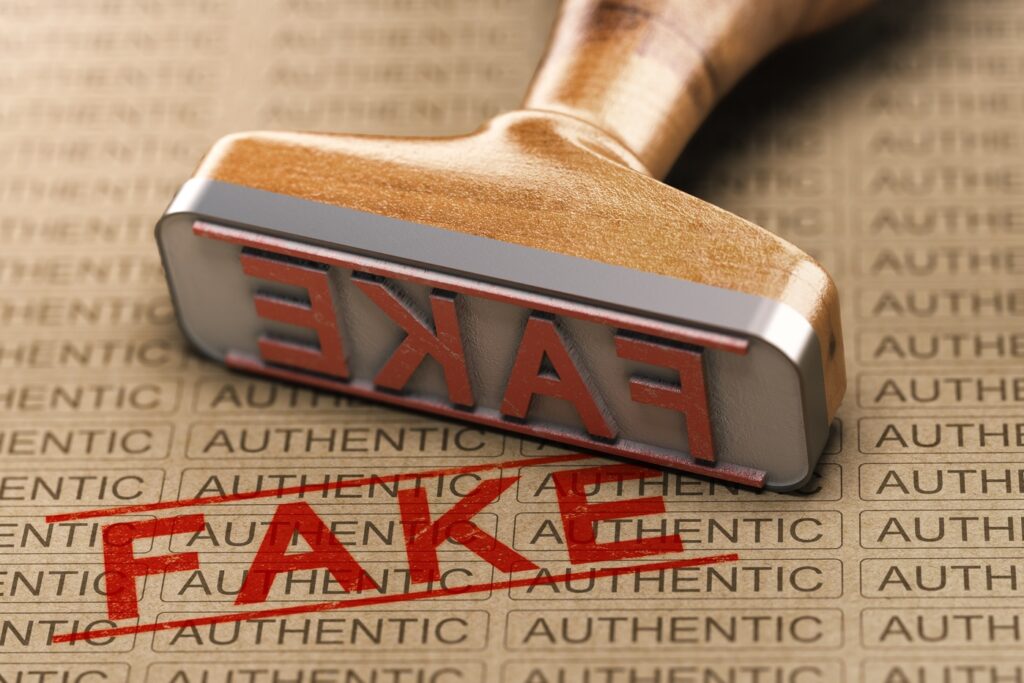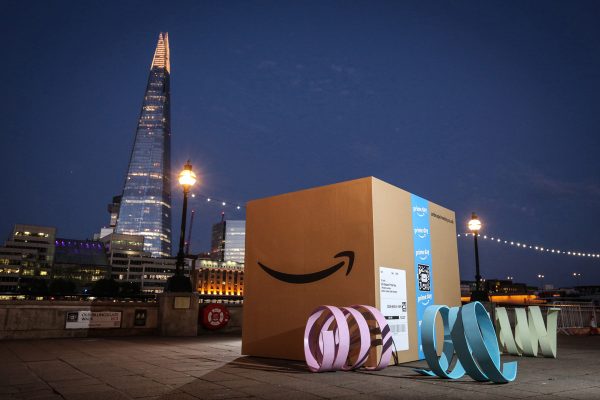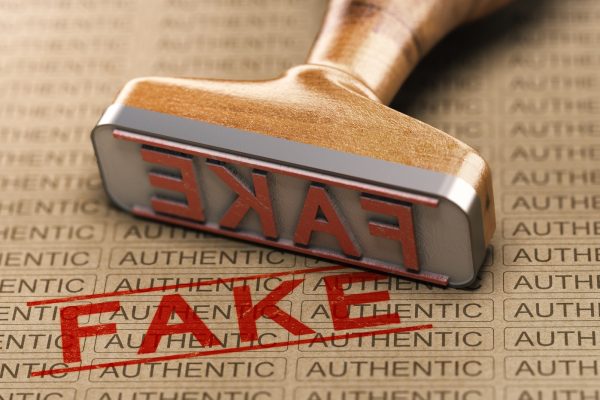What could be the worst ever Christmas gift? A fake product, disguised as a genuine one. For those who like to treat their loved ones to expensive designer gifts may sometimes find the temptation of buying discounted versions that appear to look nothing like the originals. As Christmas season comes close shoppers might themselves find facing fake products as counterfeit production is on the rise, says new analysis.
Fake products are gaining momentum as one in three (30%) of polled consumers say that they have bought a fake product, with 68% of the counterfeit items are purchased as Christmas presents, and 45% of surveyed shoppers “worry” about making the same mistake again, suggest new research by MarkMonitor.
The research was commissioned by MarkMonitor and conducted by independent survey company Vitreous World. Some 2,600 adults from five countries were surveyed including the U.K, U.S, France, Germany and Italy to understand how counterfeit production is affecting customers trust in merchants.
Why marketplaces are ‘safe’ for customers?
Although customers express their concerns about fake products, they find their ‘harbour’ in online marketplaces. In fact, the majority (88%) of surveyed shoppers express their “the highest confidence levels in security” when shopping on online marketplaces.
This comes as no surprise as leading marketplace including Amazon and eBay have previously put to work their anti-counterfeit initiatives. I have previously reported on Amazon removing fake reviews across their most-demanded product categories in an attempt to tackle fraud. The marketplace have deleted more than 30,000 fabricated reviews on their websites’ technology, and home product ranges over the last two years, suggests an investigation by an audit of products and services Which?. Their key rival, eBay have introduced an authentication program, eBay Authenticate that sees a pool of independent experts verifying a high-end product so shoppers can buy with confidence. The way the service works is that when listing an item, the seller can opt into the authentication service for an additional fee at the point of listing. When a buyer makes a purchase, the product will be reviewed by a professional authenticator before it’s delivered to the buyer.
“Consumers are getting smarter about their online shopping behaviour, but that’s still not enough. They are falling victim to counterfeiters and being duped into buying fake goods. Increasingly, they look to brands for guidance and protection, and it’s vital these brands ensure they’re doing all they can to keep their customers safe, not just at Christmas but throughout the rest of the year as well. Shoppers are spending more money online, which increases the risk of fraud or inadvertently buying counterfeit goods. This really highlights the all-encompassing nature of brand protection across all channels, even those that are most trusted by consumers. Ultimately, it’s not just about brands protecting their reputation and revenue, nor is it just about making sure consumers don’t lose money or are inconvenienced. Many fake products, such as electronics, cosmetics, and even toys, pose a tremendous risk to physical health and well-being.””
-Chrissie Jamieson, vice president of marketing at MarkMonitor










3 Responses
I have reported one ebay listing of fake Yankee candles to ebay 3 times in the week. Guess what? They’re still up for sale. So far 89 people have bought them despite me warning ebay that the current batch of fake Yankees circulating are known for exploding as they’re burning. Good old caring ebay eh?
“This comes as no surprise as leading marketplace including Amazon and eBay have previously put to work their anti-counterfeit initiatives.
– eBay have introduced an authentication program, eBay Authenticate”
that is absolutely not a move to get rid of fakes, in fact it’s quite clearly ebay PROFITING FURTHER STILL from the vast amount of fakes on ebay.
if ebay genuinely did something about the fakes, there wouldn’t be the market for ebay authenticate to further line ebay’s pockets.
ebay have literally zero interest in actually combating fakes, though it may suit them to occasionally pretend they’re putting up a fight.